Pathology
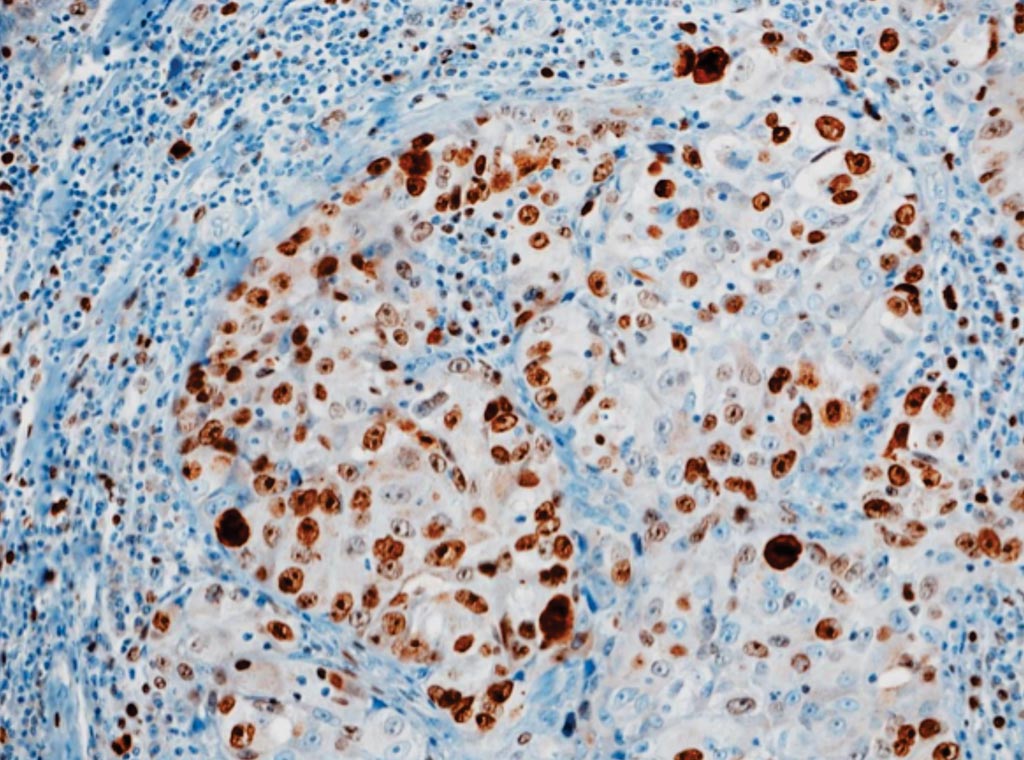
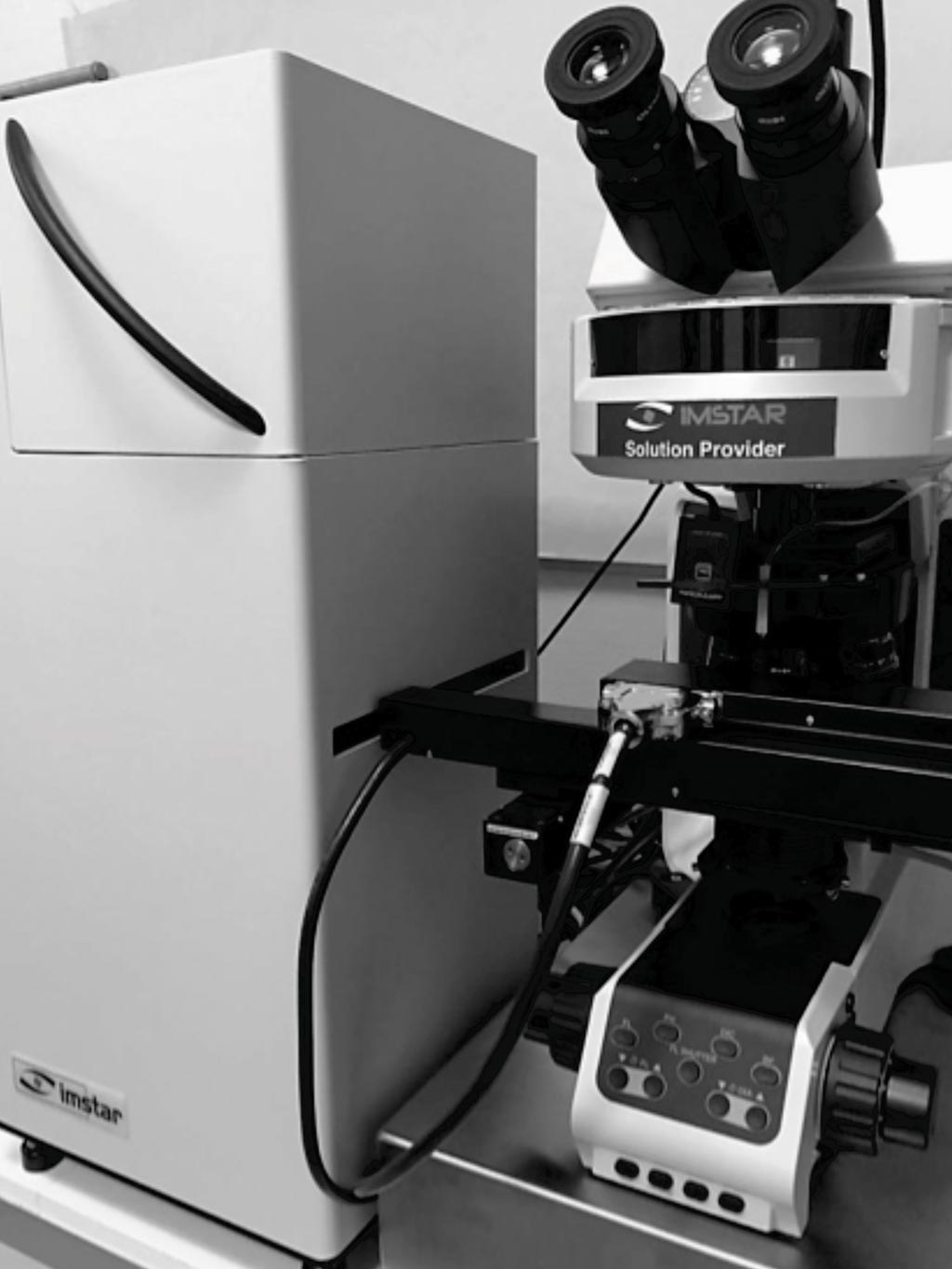
Generic Test Developed for Early Detection of Cancer
Cancer is one of the leading causes of death worldwide. Early detection of cancer significantly raises the chances for an effective treatment. Cancer identification methods are mainly based on imaging, biopsies and a few nonspecific biomarkers. More...07 Nov 2018
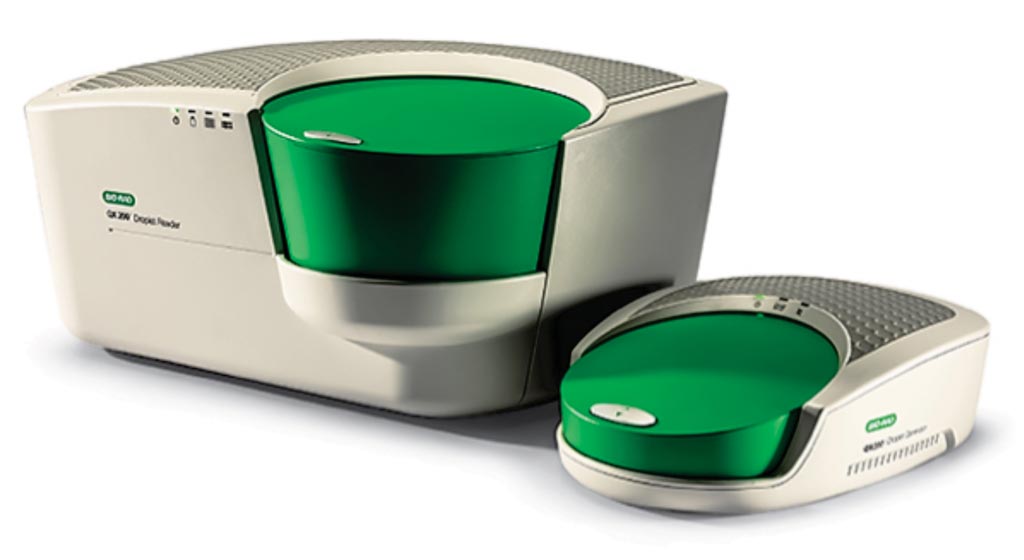
HPV DNA Test Monitors Remission in Oral Cancer
A blood-based method has been developed to test patients with human papillomavirus-associated oral cancers for signs of remission or recurrence. This approach would potentially allow doctors to more accurately and more easily identify which patients are free from cancer after radiation treatment, and which might be poised to recur. More...06 Nov 2018
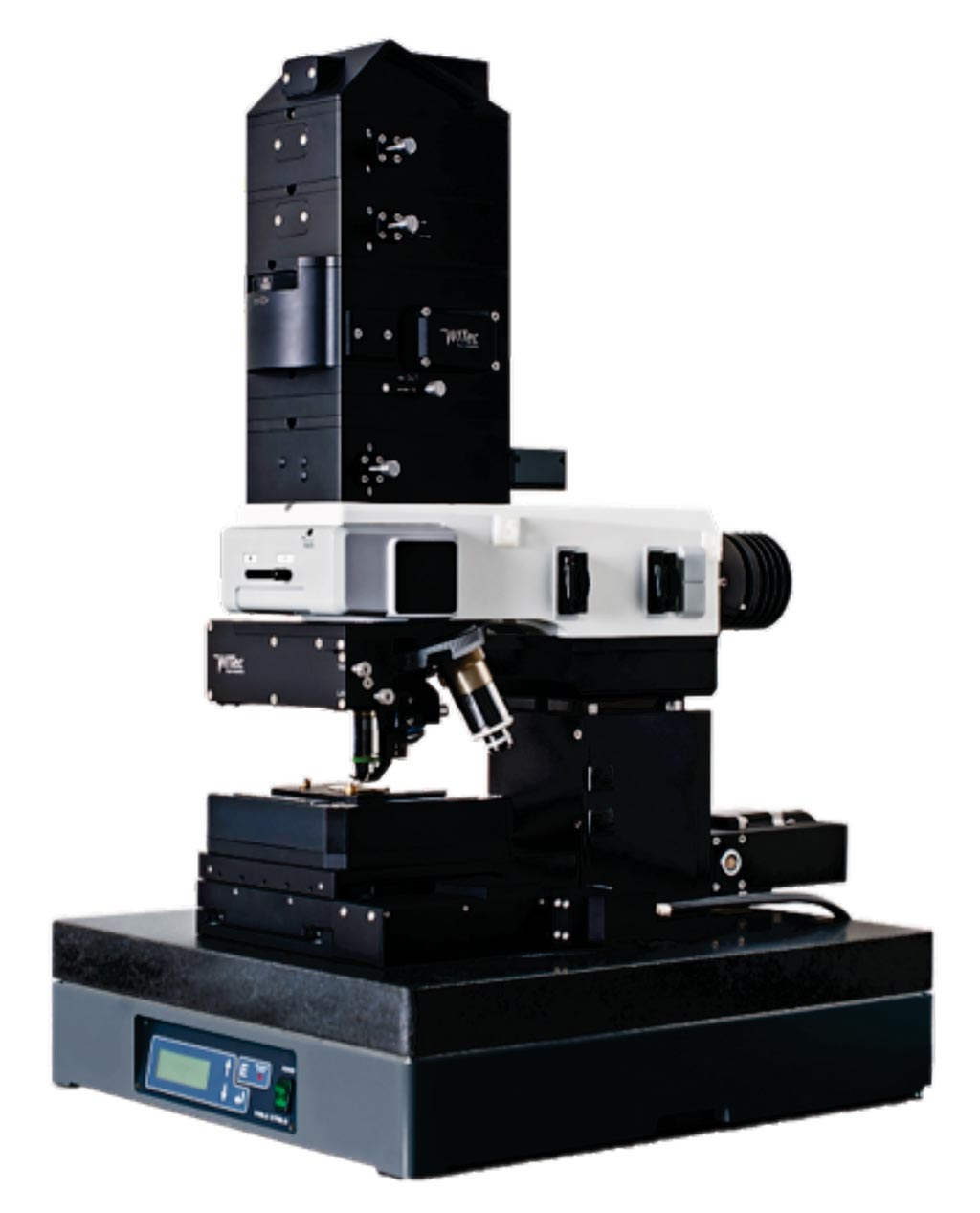
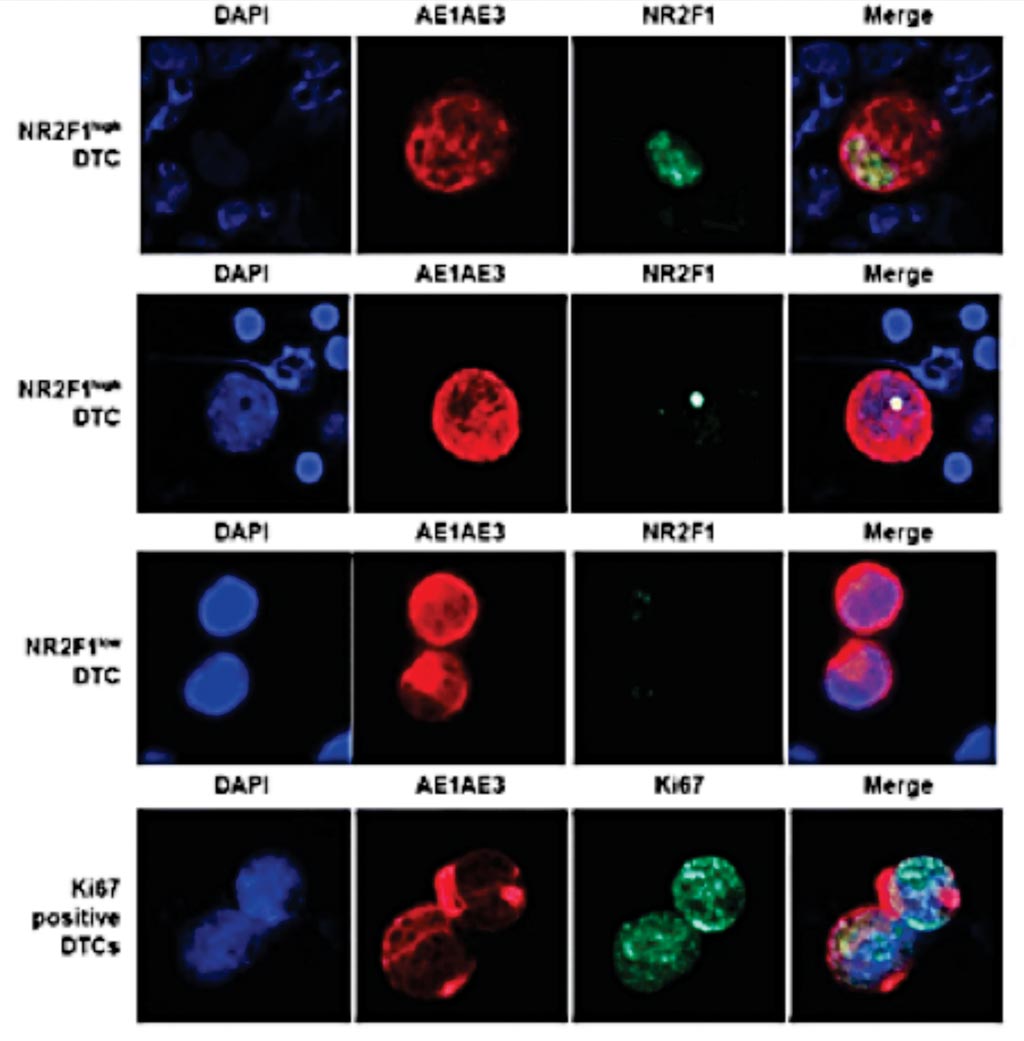
Dormant Disseminated Tumor Cells Stratified in Breast Cancer Patients
Breast cancer patients may experience relapse and subsequent death from the disease many years after primary treatment. This indicates an ability of occult cancer cells to survive in a non- or slow-proliferating state, retaining a potential for progression and proliferation at a later time point. More...30 Oct 2018
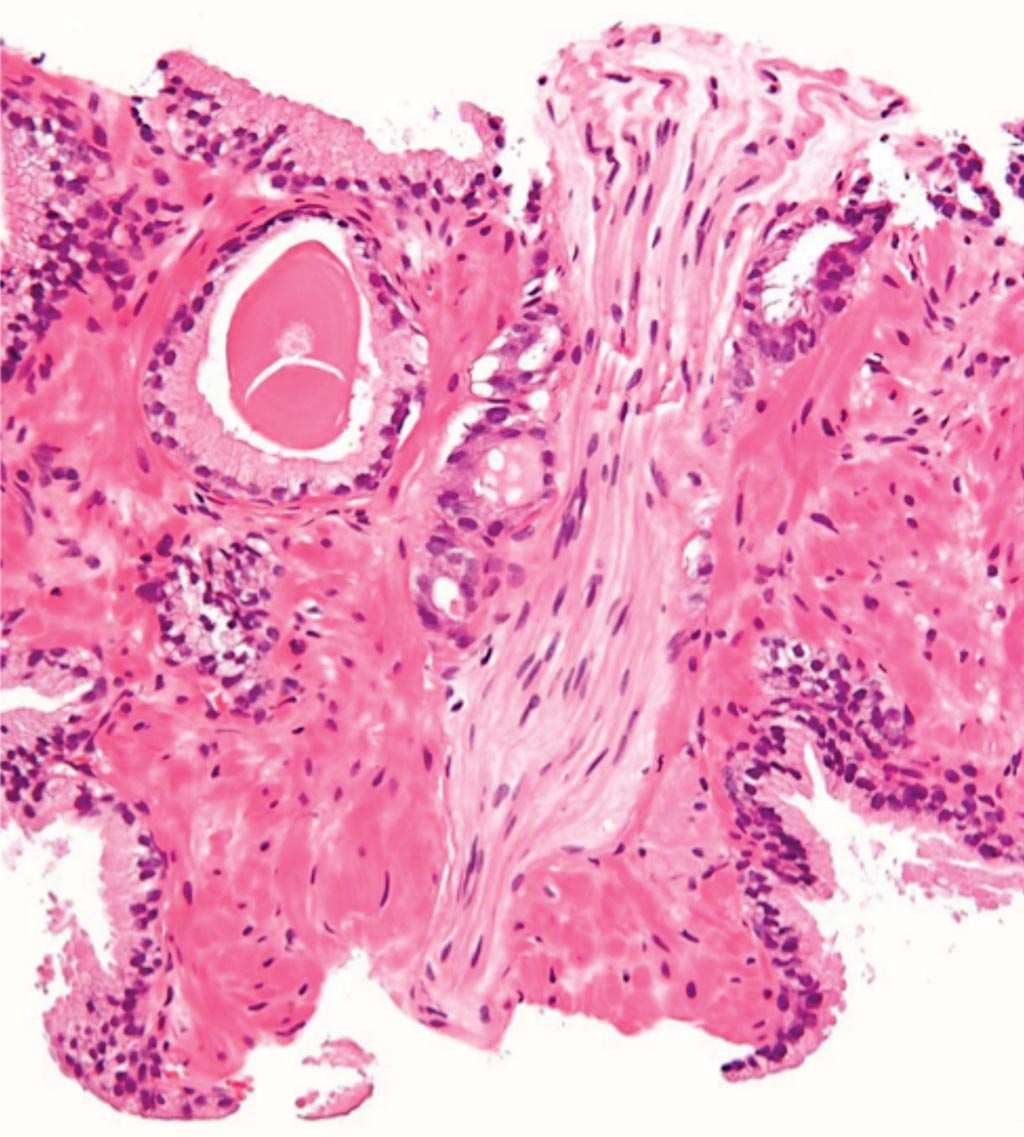
Fatal Prostate Cancer Differentiated from Manageable Cancer
Human prostate cancers display numerous DNA methylation changes compared to normal tissue samples. However, definitive identification of features related to the cells’ malignant status has been compromised by the predominance of cells with luminal features in prostate cancers. More...29 Oct 2018
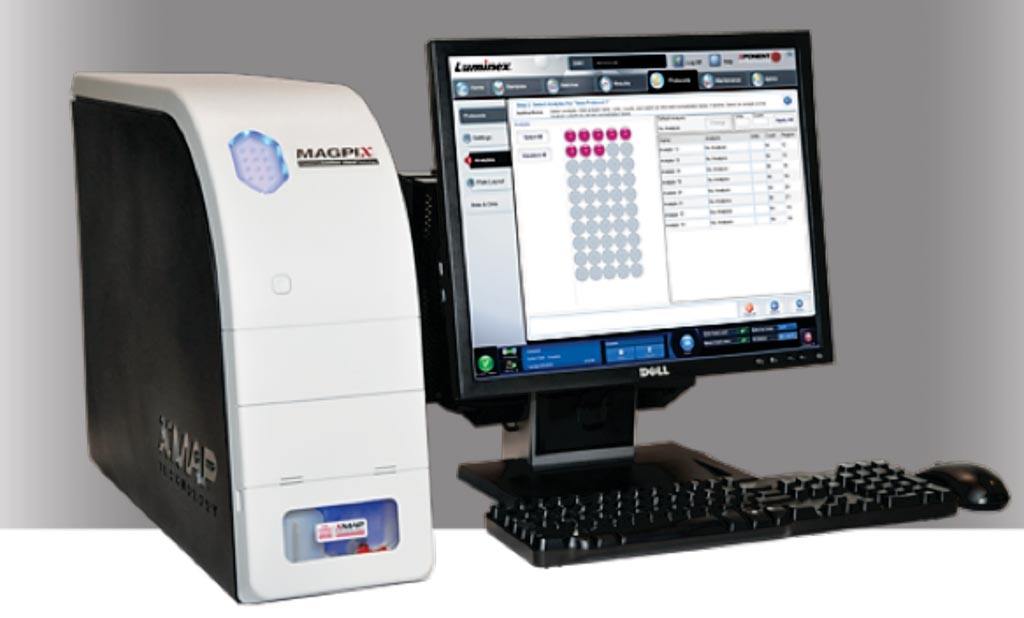
In Other News
Prognostic Value of Blood Cell Counts Investigated
CD MicroRNA Marks Subtypes with Differing Outcomes
Novel Technology Enables Detection of Early-Stage Cancer
Epigenomic Method Developed to Detect Pancreatic Cancer
Test Identifies More Treatable Cancer Mutations Than Biopsies
Novel Fecal Biomarker Found for Colorectal Cancer
Microbiome Alterations Influence Lung Disease Prognosis
Test Developed for Uterine Infections Impacting Fertility
Disease-Associated Variants in Genes Allow Early Diagnosis
Urine Biopsies Help Monitor Bladder Cancer Treatment
Liquid Biopsy Identifies Chronic Liver Diseases
Standalone HPV Testing Recommended for Cervical Cancer Screening
Cancer Detection Device Proves Effective in Field Testing
Molecular and Classical Methods Compared for Leprosy Diagnosis
Dementia Assay Gets Favorable Evaluation
Blood Test May Help Detect Kidney Cancer Earlier
Nano-LCMS Differentiates Liver Diseases
Biomarker Tests Benefit Certain Cancer Patients
Targeted Sequencing Approach for Sarcoma Gene Fusions Validated
Prognostic Biomarkers Identified for Aggressive Breast Cancer
Colorectal Carcinoma Tumor Budding Automatically Evaluated
Breast and Ovarian Cancers Associated with Predisposition Genes
Genotyping Assay Integrated into Glioma Treatment
The Pathology channel details advances in the field of Surgical Pathology and all its subspecialties, including Cytopathology and its subspecialties.










